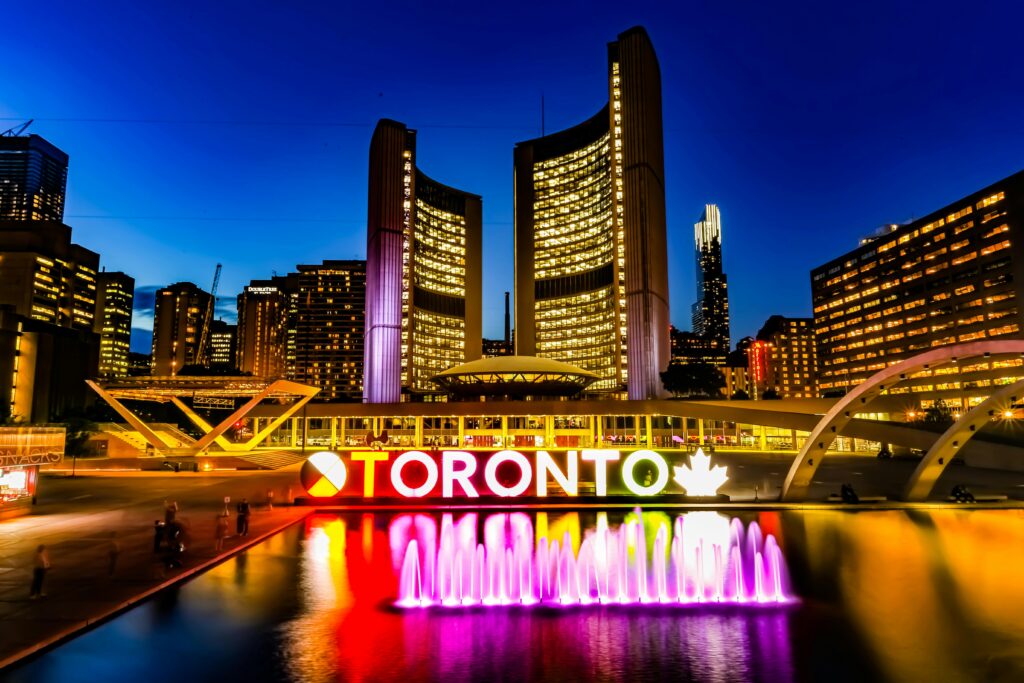Chrystia Freeland launched her campaign, positioning herself as the best negotiator to handle the economic threats posed by Donald Trump. She vowed strong retaliation against U.S. tariffs and highlighted her experience in trade diplomacy. As internal party divisions surface, Freeland faces challenges from rival Mark Carney, who boasts economic expertise, while aiming to unite the Liberal Party and address Canada’s pressing domestic issues.
Freeland Positions Herself as the Best Negotiator
Chrystia Freeland officially launched her bid to become Canada’s next prime minister, warning of Donald Trump’s “existential risk” to the nation. At her Toronto campaign event, she emphasized her experience as a “battle-tested leader” capable of facing a protectionist and unpredictable White House. Freeland pledged aggressive retaliation against any U.S. tariffs, vowing “dollar-to-dollar” measures to protect Canada’s economy.
In a pointed statement directed at Trump, she declared, “Canada will not escalate. But if I’m prime minister, Canada will never back down.” Freeland, previously finance minister, resigned after clashing with Prime Minister Justin Trudeau over trade policies.
Divisions in the Liberal Party
Freeland’s departure from Trudeau’s cabinet is both a strength and a challenge. While her separation signals a fresh approach, some Liberals view her actions skeptically. Sandy Hughes, an event attendee, criticized her treatment of Trudeau, but admitted the former prime minister didn’t treat Freeland well either.
Her primary rival, Mark Carney, received support from Foreign Affairs Minister Mélanie Joly, who highlighted Carney’s economic expertise. As a former central banker, Carney is seen as well-equipped to manage trade tensions and economic crises, giving him an edge among some voters.
Campaign Disruptions and Strategic Messaging
Freeland’s event faced disruptions from pro-Palestine protesters, reflecting wider political tensions. Despite the interruptions, she highlighted her achievements, including daycare fee reductions, and made efforts to connect with Quebec voters by prioritizing French-language outreach.
Carney, in contrast, focused on his crisis management record, gaining traction in Quebec with support from prominent local leaders. The stark contrast between Freeland’s trade-focused strategy and Carney’s economic expertise underscores a growing divide within the party.
Battle Ahead Against Conservatives
Freeland didn’t hold back in criticizing Conservative leader Pierre Poilievre, accusing him of being too weak to challenge Trump. She argued Poilievre would “sell us out” rather than defend Canada’s interests.
With Canada facing issues like rising costs and government spending, Freeland acknowledged the challenges ahead. Attendee Angus Tucker noted her responsibility to address these pressing issues, saying, “She’s got her work cut out for her.”
Freeland and Carney must not only unite a divided Liberal Party but also convince a fatigued public they can outperform the Conservatives in the next election.


